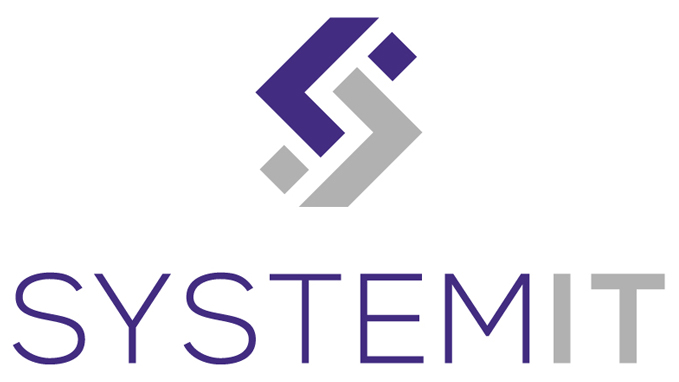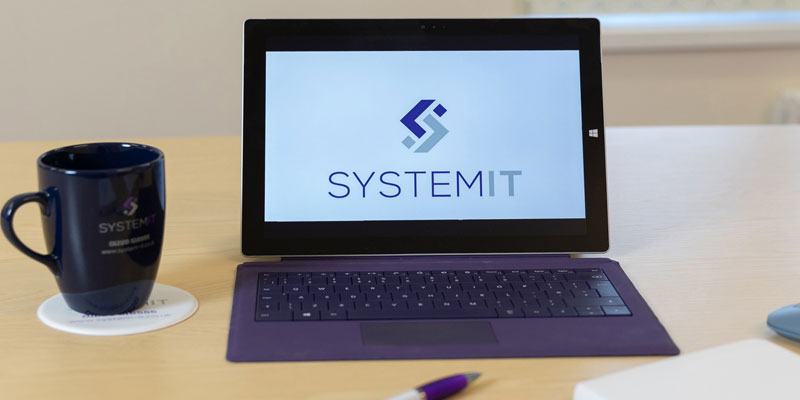When it comes to IT and in particular cyber security, you often hear the phrase ‘backup’ being used. But what are computer backups and why are they important? Not everyone knows, so we thought we’d give you a bit of an explanation as to what they are and why you should think about doing them.
So, a backup is copying or archiving one or more files as a spare in case the original data is lost or becomes unusable. Data loss can be caused by a variety of things such as computer viruses, hardware failure, file corruption or theft. A system backup is the process of backing up the operating system, files, and system-specific data.
If you take a moment just to think about all the information you may have on your company computers and servers, important documents, accounts, and records there is a lot of valuable data on there that you wouldn’t want to lose. Imagine if you did? Where would you start? It could have a devastating impact on your business, so it is important to have a robust backup strategy in place.
When thinking about cyber attacks, backups are a key part of the recovery process if your data is lost or held to ransom by a malicious party. At least if you have the information backed up we can recover your systems and restore normal operations as quickly as possible. It is essential that at least one of your backups is off-site or isolated from your network so it too can’t be attacked or deleted.
Check your computer backups! Computer backups tend to run in the background and its often all to easy for an issue to go unnoticed, only to be found when you find you really need your backup. Having a monitoring or testing process in place is an essential part of the backup solution.
So, how do you do a backup? There are several ways you can back up your data and it will depend on the amount of data you have, the systems and network you have, some options are…
- Use a storage device. This could be data tapes or USB disks but either way, it’s a physical device with a copy of your systems on. Usually, these need to be taken offsite by someone but they are low cost and reliable solutions.
- Onsite Storage device. An Onsite Storage Device allows for fast access to recent backups without having to locate specific disks/devices. Usually, these can store an even greater history of changes for when you realise a file was deleted weeks ago and need it back. Since this is onsite however it is usually combined with an offsite copy also, using either a device or online option.
- Online cloud storage. Another good option for doing backups is online via a ‘cloud’ platform. Cloud backups can be fully automated and offer a completely scalable solution however much data you have. By automating this process and removing the need to rely on someone swapping disks to provide your offsite backup, you can be confident your offsite backup really is offsite and available when it’s needed.
Find out more about our computer backup and cloud storage support.
If you need any more help or advice please feel free to call one of our consultants on 01228 516555.

